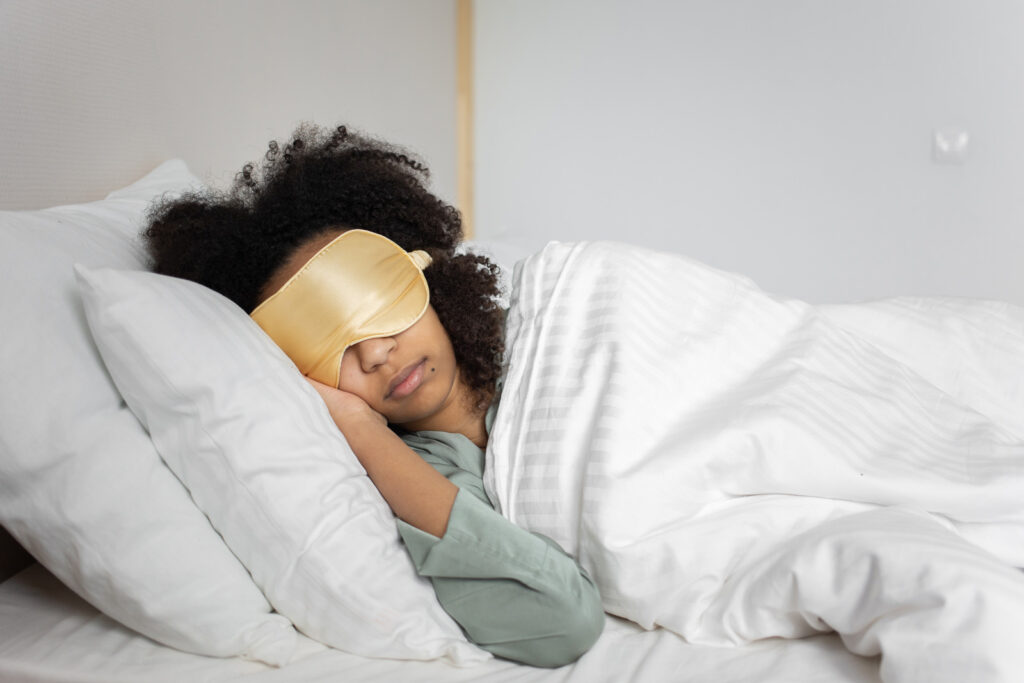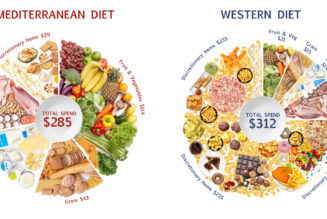Vitamin A is important for vision. Getting enough of various B’s is key to cell function. People happily drink OJ to ingest C which is an antioxidant, helping to protect your cells from free radicals. When feeling run down, we often seek a “magic pill” or quick fix. Being a Personal Trainer and Nutrition Coach, people want to know what I would suggest for optimal daily function. Before responding, any fitness and nutrition coach would be wise to ask some questions. The first question I would ask is, are you getting enough Zs? Yes, Zs. Are you getting enough sleep?
The importance of Zs
According to the U.S. Department of Health and Human Services, “Most adults need seven to eight hours of good quality sleep on a regular schedule each night.” Notice that it wasn’t just about total hours. You need to get good quality sleep, which will result in feeling well rested when you wake up.
Scientists have gone to great lengths to fully understand sleep’s benefits. In studies of humans and other animals, they have discovered that sleep plays a critical role in immune function, metabolism, memory, learning, and other vital functions.
In the short term, a lack of adequate sleep can affect judgment, mood, ability to learn and retain information, and may increase the risk of serious accidents and injury. In the long term, chronic sleep deprivation may lead to a host of health problems including obesity, diabetes, cardiovascular disease, and even early mortality. (“Why Sleep Matters,” Healthy Sleep, Division of Sleep Medicine at Harvard Medical School, 2008.)
Let’s break that down a bit
When you get adequate sleep, your immune system and proteins are better able to fight off disease and illness. This also includes your system’s antibody response to getting a vaccine. Often, there is apprehension of the side effects that might come from receiving that poke to the arm. Control what you can and get your rest, both before and after you get that shot.
Then there is metabolism. The word evokes thoughts of weight loss or gain and athletic performance. What is metabolism? It’s the chemical processes within your body which help you to stay healthy. Sleep deprivation will increase your levels of the hormone ghrelin, which boosts your appetite and at inopportune moments may lead you to give in to convenient, but unhealthy food options. Additionally, it decreases the hormone leptin, which signals to your appetite that you are full. Ack, double whammy! Then, you try to offset the consumption by going to work out. Inefficiency abounds because your energy is down, your coordination is off and reaction time is slow. Plus the sleep you didn’t get meant less time that your muscles had to recover from other activity because during sleep is when muscles recover and repair themselves. That leaves you in the middle of your workout and your muscles are struggling. Be careful because you are stacking the odds in favor of injury.
If you’re reading this while tired, you had better bookmark this article for later as your brain will have trouble retaining what it has just learned. While you sleep, your brain processes and stores memories, including learnings. It needs adequate time to do so.
And during sleep, while your brain is processing everything from the day, your heart is resting and recharging. During sleep your blood pressure lowers, allowing the blood vessels to relax. When you deprive your body of sleep, it can add to feelings of stress and your body may release cortisol, which signals your heart to work harder. Bottom line, while you sleep your heart doesn’t have to work so hard and a rested body functions more calmly when you are awake.
When I don’t get enough sleep, I get moody and I know you must, too. Yes, you too get moody. If you want to argue that point with me, may I suggest a nap? Seriously though, chronic sleep deprivation can lead to mood disorders.
Depression and sleep problems are closely linked. People with insomnia, for example, may have a tenfold higher risk of developing depression than people who get a good night’s sleep. And among people with depression, 75 percent have trouble falling asleep or staying asleep. (“Depression and Sleep: Understanding the Connection.” Health, Johns Hopkins Medicine, 2021)
I leave with a wish for you to enjoy good health and restful sleep, and this quote: “Sleep is the golden chain that ties health and our bodies together.” — Thomas Dekker
Contributing writer Denise Lum is a Health and Fitness Coach raising her family in Alameda. Contact her via [email protected] or FitnessByDsign.com. Her writing is collected at AlamedaPost.com/Denise-Lum.










